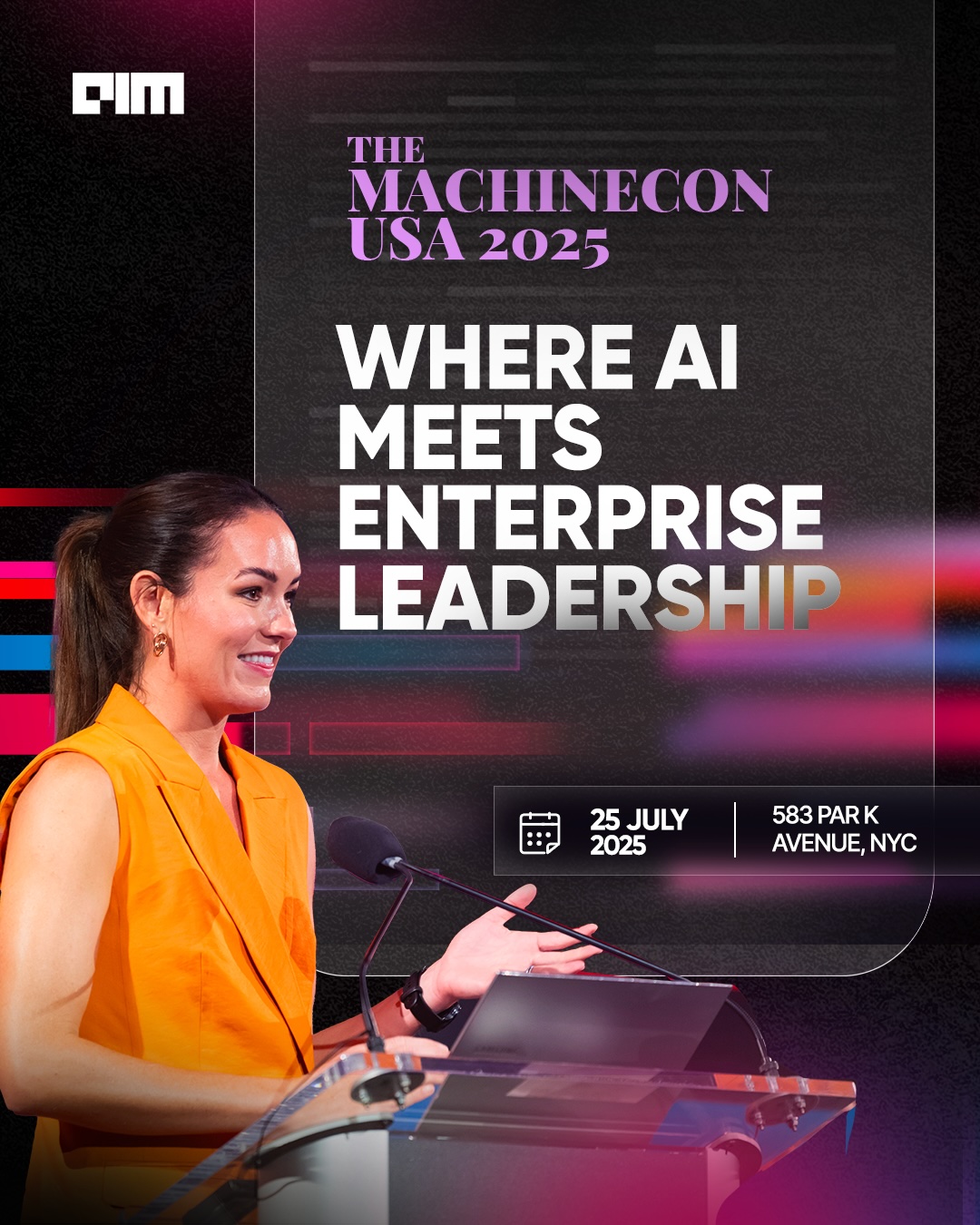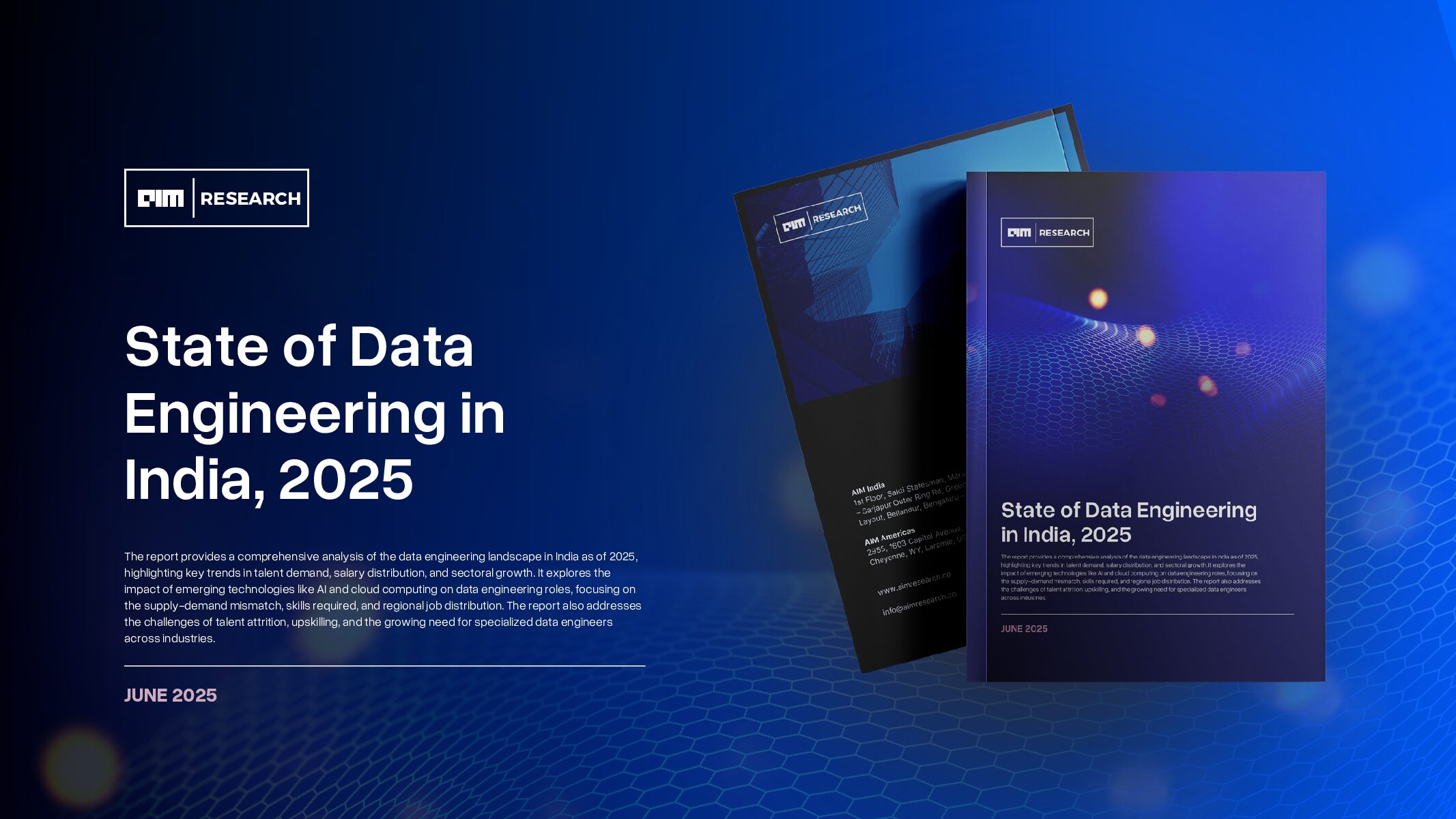Welcome to our exclusive interview series with Abhishek Sharma, Group Big Data Transformation Leader at AIA who has shared his experience on key strategies for generating value from big data in large organizations.
With over two decades of experience in crafting data-driven business strategies and spearheading growth initiatives, and sharing his expertise in setting up robust data organizations and successfully managing large-scale global transformations of data estates for multinational organizations, Abhishek is an expert in leveraging data as a strategic asset to drive business success.
Abhishek talks about various aspects of Data & AI, including the emergence and impact of big data, data value generation for large organizations, the role of data scientists in driving initiatives, advice for implementing a data strategy, some successful projects showcasing the impact of Data & AI, ethical considerations in data privacy, the pandemic’s influence on big data usage, upcoming trends in 2023 according to him, and the future of Data & AI.
AIM Research (AIM): The onset of big data has had a profound impact on the data community. What was the vision that you associated with the emergence of big data, and why do you believe it had such an impact?
Abhishek Sharma (AS): The emergence of big data has had a significant impact on the way organizations leverage data to make informed business decisions. Previously, organizations were limited by the amount of data they could collect, store, and analyze. However, with the emergence of digitalization and digital economy the generation of data has increased unprecedently, organizations now have access to vast amounts of data from a variety of sources, which has opened up new opportunities for organizations to gain insights into customer behavior, market trends, and other key business drivers.
While big data has provided new opportunities, it has also presented significant challenges for organizations. They need to find new ways to store, manage, and analyze this data, which often requires significant investments in technology and talent. Despite the challenges, it has fundamentally changed the way organizations approach data-driven decision making. It has opened up new possibilities for growth and innovation, while also requiring organizations to adapt to a rapidly changing data landscape.
AIM: When discussing the generation of value, what do you believe is the appropriate focus for large organizations concerning data?
AS: To generate value from data, large organizations should focus on three main areas: Data Strategy, Data Infrastructure, and Analytics + AI. Firstly, organizations need to develop a clear and comprehensive data strategy that aligns with their overall business strategy. This includes identifying the most valuable data, defining the data governance framework, and establishing a roadmap for data management and analytics. Secondly, organizations need to invest in the right data infrastructure, selecting the appropriate storage and processing technologies, and building a scalable and secure data architecture. Finally, organizations must focus on developing the right data analytics capabilities, building a skilled team of data analysts and scientists, and developing the appropriate tools and techniques for data analysis.
By focusing on these three key areas, organizations can generate significant value from their data. Data can provide insights into customer behavior, optimize business processes, drive innovation, and improve risk management practices. Ultimately, the key to generating value from data is to ensure that the organization’s data strategy is aligned with its overall business strategy, and that the right investments are made in data infrastructure and analytics capabilities.
AIM: What big data initiatives can be taken, and what role do data scientists play? Any advice for large organizations considering implementing a data strategy?
AS: Organizations can leverage the power of data and generate value by taking several big data initiatives. These include establishing a robust data governance framework, building a team of skilled data scientists and analysts, investing in the right data infrastructure, developing effective data visualization tools, and exploring new ways to monetize data. Data scientists play a critical role in these initiatives by developing and applying advanced analytical and statistical methods to extract insights from data and implementing machine learning algorithms and models.
Large organizations should start by developing a clear and comprehensive data strategy that aligns with their overall business strategy. This involves identifying the most valuable data, defining the data governance framework, and establishing a roadmap for data management and analytics. They should also focus on building a skilled team, investing in the right data infrastructure and tools, and establishing a culture of data-driven decision making while prioritizing data privacy and ethics.
Organizations should continuously evaluate and refine their data strategy over time, adapting to changing market conditions and emerging trends in the data industry. This requires a commitment to ongoing innovation and continuous improvement, ensuring that organizations can leverage big data to generate value while staying ahead of the curve.
AIM: Can you provide examples of projects that you have led where Data & AI has demonstrated success or created an impact that would have been unattainable otherwise?
AS: At AIA Group, I am responsible to lead the transformation of our data estate across 18 markets we operate in Asia. Since 2020, under our Technology Digital Analytics program, we have transformed data platforms into a next-gen big data technology focused applications, with clear business centered data strategy. This has enabled us to use analytics & AI in everything we do.
Using Big data & AI together, we have launched customer facing solutions which help us issue their insurance policies faster with minimum human intervention. We have launched insurance claims solutions which have reduced the claims reimbursement window from 3 days to 25 minutes. We have also launched 230+ analytics & AI use cases across our value chain, which has helped us serve our customers with right focus & centricity.
AIM: With the collection of a vast amount of information, big data has become a business entity. How have you managed data privacy concerns and endeavored to make it more ethical in your pursuit of value generation with big data?
AS: Data privacy and ethics are critical considerations for managing big data. To address data privacy concerns, robust data governance frameworks have been implemented to ensure compliance with data protection regulations. A culture of data privacy and ethics has also been established through ongoing training and awareness programs for employees. Clear ethical guidelines have been established for data analytics projects to ensure responsible and transparent use of data while being mindful of potential biases and social implications.
Partnerships with industry associations and thought leaders have been established to stay up-to-date on the latest trends and best practices in data ethics while sharing experiences and learnings with others in the industry. A strong focus on data privacy and ethical data handling practices is critical to generating value with big data. This approach builds trust with customers and stakeholders while ensuring responsible and sustainable use of data.
AIM: How has the pandemic impacted big data’s use in businesses, and what are the long lasting implications it has? Any upcoming trends in big data for 2023, and is the industry prepared?
AS: The pandemic has had a significant impact on the use of big data in businesses. With the shift towards remote work and digital interactions, there has been a significant increase in the amount of data generated by businesses. This includes data from online sales, customer interactions, and remote work tools.
At the same time, the pandemic has also highlighted the importance of data-driven decision making. Businesses have had to adapt quickly to changing market conditions, and data has played a critical role in enabling them to do so. Data has helped businesses to understand changes in customer behavior, identify new market opportunities, and optimize their operations in a rapidly changing environment.
Looking ahead, I believe that the pandemic will have long-lasting implications for the use of big data in businesses. It has accelerated the trend towards digital transformation, and many businesses are now more reliant on data than ever before. Additionally, the pandemic has highlighted the importance of agility and the ability to quickly adapt to changing market conditions, which will require businesses to be even more data-driven in their decision making.
In terms of upcoming trends in big data for 2023, I believe that there will be continued growth in the use of artificial intelligence (AI) and machine learning (ML) in data analytics. This includes the development of more advanced AI and ML algorithms that can help businesses to gain deeper insights from their data and make more accurate predictions about future trends.
AIM: In three words, how would you describe the future of Data & AI?
AS: (a) Transformative, (b) Future-proof, (c) Necessary.
























